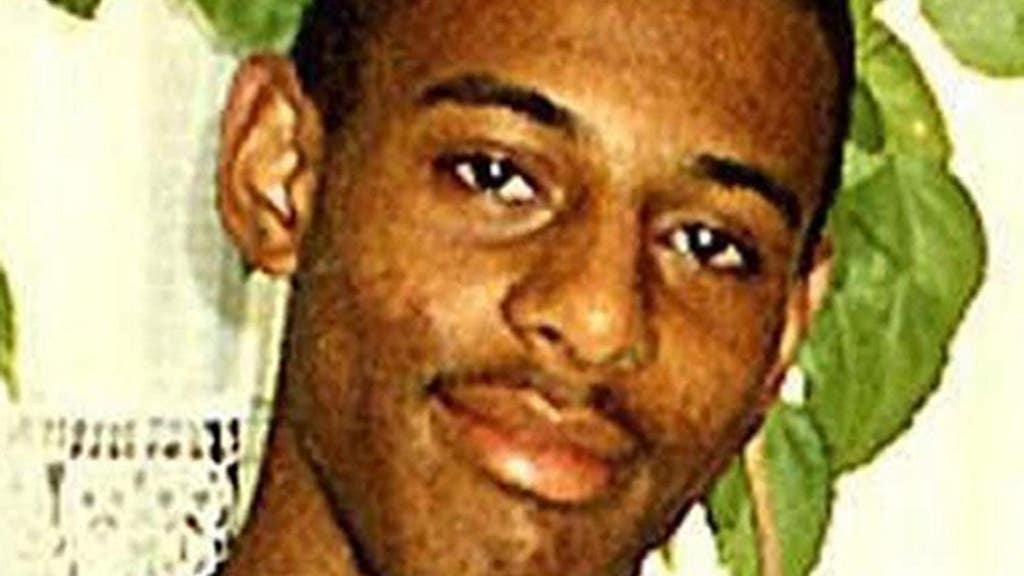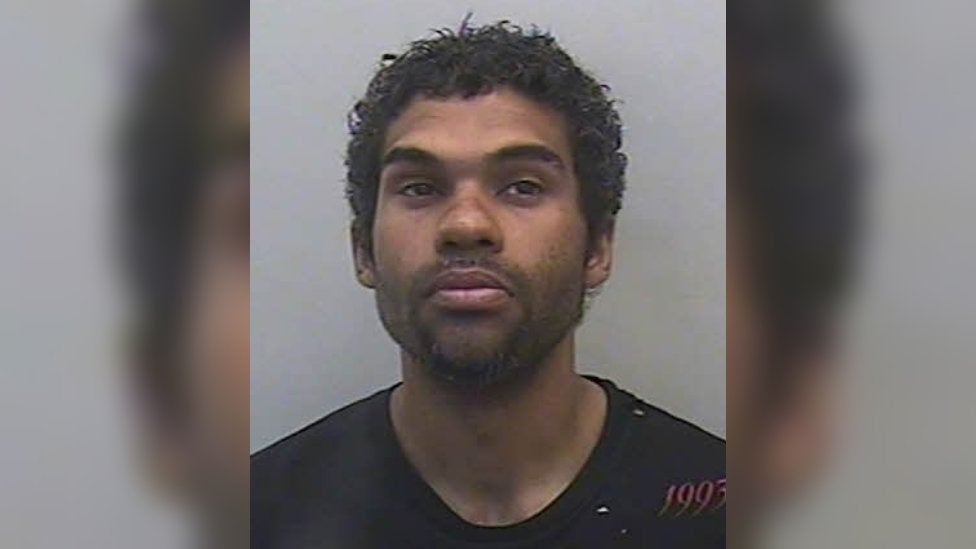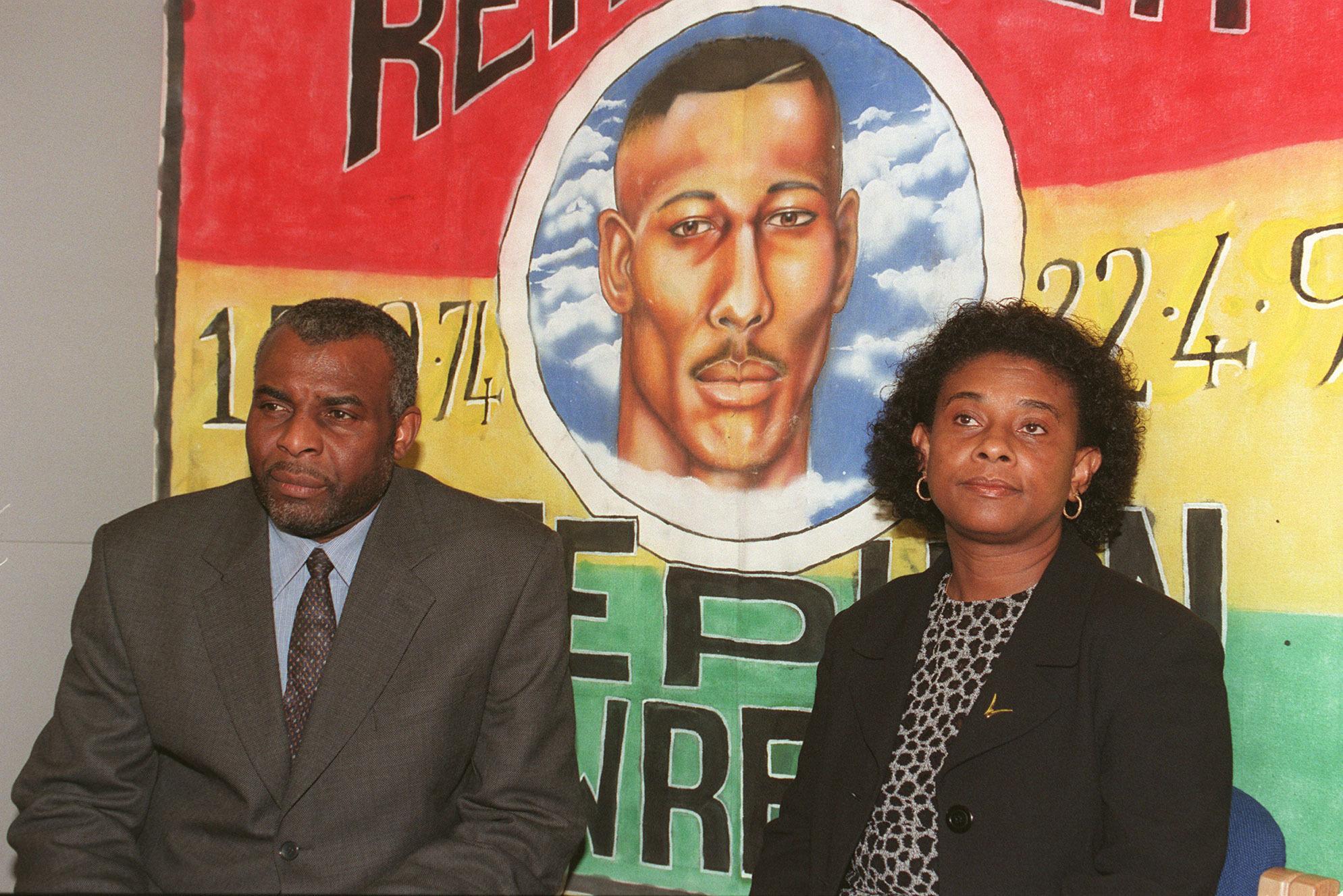Not enough has changed since Stephen Lawrence’s murder– a reckoning is long overdue
Nearly 30 years since Stephen’s murder, the British police continues to be heavily criticised for its disproportionate use of powers


Your support helps us to tell the story
From reproductive rights to climate change to Big Tech, The Independent is on the ground when the story is developing. Whether it's investigating the financials of Elon Musk's pro-Trump PAC or producing our latest documentary, 'The A Word', which shines a light on the American women fighting for reproductive rights, we know how important it is to parse out the facts from the messaging.
At such a critical moment in US history, we need reporters on the ground. Your donation allows us to keep sending journalists to speak to both sides of the story.
The Independent is trusted by Americans across the entire political spectrum. And unlike many other quality news outlets, we choose not to lock Americans out of our reporting and analysis with paywalls. We believe quality journalism should be available to everyone, paid for by those who can afford it.
Your support makes all the difference.Stephen Lawrence Day was first celebrated in 2019 and takes place annually on 22 April, the date of his murder. The 18-year-old was stabbed to death in 1993 in a racist attack as he waited at a bus stop in Eltham, south east London.
His murder was a watershed moment – or should have been. The UK was forced to confront the reality of racism within police forces across the country, including London’s Metropolitan Police Service. The MacPherson inquiry, led by Sir William MacPherson in 1999, found that British police forces were “institutionally racist”. This, along with “professional incompetence”, marred the Met’s original investigation into Stephen’s murder, the probe found.
We now also know that undercover officers had spied on the Lawrence family during their campaign for justice. Astonishingly, one whistleblower, Peter Francis, claimed he had been tasked with finding “dirt” on the family and their supporters.
So, how much has really changed since Stephen’s death? Not enough. Naturally, there have been some improvements but complacency is a luxury we can’t afford. Two decades on from the inquiry, and nearly 30 years since Stephen’s murder, the British police continues to be heavily criticised for its disproportionate use of powers, such as stop and search, as well as excessive force, on Black communities. This has served to further erode trust between the police and ethnic minority groups.
Black people are nearly nine times more likely to be stopped and searched, three times more likely to be tasered by the police and twice as likely to die in police custody in the UK. Just last month, the National Police Chiefs’ Council (NPCC) chairman, Martin Hewitt, warned of the damaging impact on law enforcement of distrust in British policing among Black communities. Trust among these groups is 20 per cent lower than the average.
Despite all this, the government and police force bosses continue to deny that there’s an institutional problem. Last year, Met Chief Cressida Dick said that the label “institutionally racist” was not “helpful”.
Yet concerns persist. Perhaps it would be prudent to order a follow-up inquiry, similar to MacPherson’s, for comparative purposes. But I’ve heard no suggestions about that – just a grand eschewing of the label, which indicates a fear or indifference to what such an inquiry would uncover.
Just under a month ago the government sanctioned another report which concluded that systemic racism isn’t an issue in this country. The review by the Commission on Race and Ethnic Disparities (Cred) stated that Britain is no longer a country where the “system is deliberately rigged against ethnic minorities”. Its chairman, Tony Sewell, said it had found no evidence of this and the report criticised the way the term “racist” has been applied, saying it should not be used as a “catch-all” phrase for any microaggression.
But the panel faced a backlash over the report, with politicians and other public figures describing it as insulting and divisive. Prominent critics included Stephen’s mother, Baroness Doreen Lawrence, who said the review is “not in touch with reality”.
“My son was murdered because of racism and you cannot forget that,” she said. “Once you start covering it up, it is giving the green light to racists.”

The commission was implemented in response to Black Lives Matter protests last summer which erupted in response to George Floyd’s murder at the hands of former US police officer Derek Chauvin. Yesterday, Chauvin was found guilty of this crime, which prompted an outpouring of relief and online commendation. Former Home Secretary Sajid Javid even tweeted: “Black Lives Matter”. This was odd, though, considering he said last year, in response to UK protests, that: “Black Lives Matter isn’t a force for good”. It makes you wonder if politicians are really committed to change or simply saying the right things at the right times.
On the same day, however, a serving Devon and Cornwall police officer, Sergeant Geraint Jones, was acquitted for a criminal charge after sharing a racist meme with a group of police colleagues, depicting Mr Floyd’s murder. The meme featured Mr Floyd’s arrest, with a naked image of American man Wardy Joubert III added to it for comic effect. Mr Joubert, who is also dead, was pictured naked with his genitalia over the neck of Mr Floyd.
You tell me what this says about the institutions in our country that this conduct by a public servant has gone unpunished. If Sgt Jones is amused by the murder of a Black man, what do you suppose his interactions with Black citizens are like?
The evidence suggests that Sgt Jones is not just one bad apple, however. On May 21 2020, just days before Floyd’s murder, 35-year-old Simeon Francis was found unresponsive in a Torquay police cell following his arrest. He had been arrested months previously, in July 2019, and told officers at the time “I can’t breathe”, as one cop appeared to have his knee on his back. An investigation is ongoing. And just weeks ago, an inquest found that the Met’s excessive use of force on Kevin Clarke, a Black man, contributed to his death in 2018.

There are also concerns of systemic racism in various Welsh Police forces – South Wales Police and Gwent Police – which have fuelled anti-racism movements in the region. This includes the cases of Mouyied Bashir and Mohamud Hassan, two Black men, who both died within the first two months of 2021 following contact with the police.
And of course, since Stephen’s death, there have been many high profile cases of Black deaths at the hands of the state including: Roger Sylvester, Smiley Culture, Mzee Mohammed-Daley, Joy Gardner, Sarah Reed, Trevor Smith, Dalian Atkinson, Mark Duggan, to name a few.
Stephen’s anniversary serves as a timely reminder that there is yet more work to do in achieving racial equality. It is important to reflect upon his promise and potential, plus how his tragedy changed the face of his country. This was due, in no small part, to years of relentless campaigning for justice by his parents, Baroness Lawrence and Neville Lawrence.

Thanks to them, Gary Dobson and David Norris were finally jailed for life at the Old Bailey in 2012. However, two of the three remaining suspects, brothers Neil and Jamie Acourt, have since served jail time for drug dealing, while Luke Knight has remained free. Last year, the Met announced that they have no further lines of inquiry in the investigation and will be shelving it. So the racists involved in Stephen’s murder are on the loose and still pose a very real threat to Black people in this country.
Between the race report (one of the most accursed government-backed pieces of literature in modern history), the Chauvin Trial, the Sussexes’ interview with Oprah Winfrey and Stephen Lawrence Day, Britain is undergoing an extraordinary period of reckoning around race, from law enforcement to the media.
Those who sit within the upper echelons of society may want to ignore the problem. But this reckoning is happening and time will tell just who is on the right side of history.
Join our commenting forum
Join thought-provoking conversations, follow other Independent readers and see their replies
Comments